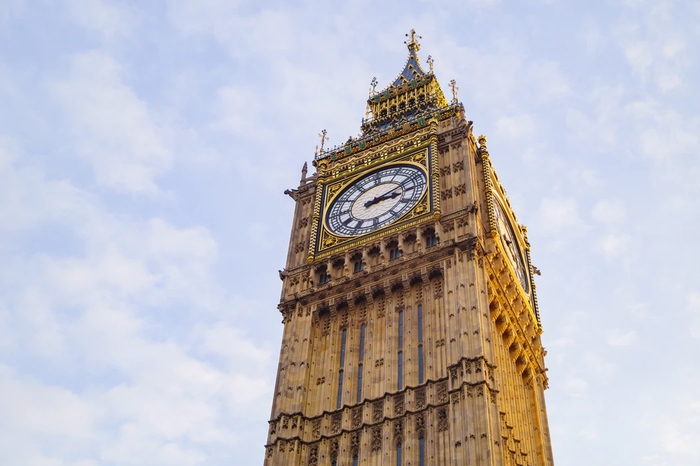Freedom of Speech Bill to exclude Oxbridge JCRs and MCRs
Universities Minister Michelle Donelan told MPs on Thursday (16/09) that to include such bodies would be “unnecessary and overly bureaucratic”

An amendment was added to the Higher Education (Freedom of Speech) Bill this week specifying that although Oxford and Cambridge colleges will be covered by the proposed legislation, college-based student unions are not required to comply.
At a Public Bill Committee on Thursday (16/09), the amendment faced criticism from Labour MPs, who expressed concern that the exclusion created a “two-tier” system, placing Oxford and Cambridge students in a different category to those at other universities.
The Bill, introduced in May, with a second reading in July, aims to combat what former Education Secretary Gavin Williamson described as “the chilling effect of censorship on campus” by extending freedom of speech requirements to student unions. Oxford and Cambridge colleges, initially not covered by the legislation, were added to the Bill last week, but JCRs, MCRs and equivalent college unions remain exempt.
Emma Hardy, the Labour MP for Hull West and Hessle said the exclusion was neither equitable nor fair: “It seems fairly ludicrous to me that every aspect of the bill would apply to the very small higher education provision at Hull College, but would not apply to the junior common room.”
In agreement with Hardy, Labour’s Shadow Minister for Universities Matt Western added that “Any groups associated with a university or a higher education provider, whatever its size or shape, should be covered,” asking why there should be an exception for groups at Oxbridge colleges. He also claimed that “The government’s exclusive approach risks creating a two-tier system across our universities.”
Universities Minister Michelle Donelan maintained throughout that since JCRs are college-funded, “[colleges] can exert a lot of control over their activities, as these groups do not own or occupy their own premises, or run the room booking systems. And so imposing these freedom of speech duties on [JCRs] does seem quite unnecessary and overly bureaucratic.”
The proposed legislation would subject universities and student representatives in England to legal action and regulatory punishment, administered by the Office for Students (OfS) and comes following concern from the government about the “no-platforming” of controversial figures. Last year, former Home Secretary Amber Rudd was disinvited from UN Women Oxford UK as a result of her role in the Windrush scandal – Rudd announced in a tweet that she had been “no-platformed” by the group.
Yet despite high profile examples, statistics from the Office for Students suggest that instances of “no-platforming” are relatively uncommon; the organisation’s Prevent monitoring data indicate that only 94 of 43,337 events or speaker requests were rejected in the academic year 2019-20. It is impossible, however, to quantify potential “self-censorship,” frequently alluded to by then-education secretary Gavin Williamson at the Bill’s second reading.
The Higher Education (Freedom of Speech) Bill will be further considered by the committee next week.
 News / Cambridge academics stand out in King’s 2026 Honours List2 January 2026
News / Cambridge academics stand out in King’s 2026 Honours List2 January 2026 Interviews / You don’t need to peak at Cambridge, says Robin Harding31 December 2025
Interviews / You don’t need to peak at Cambridge, says Robin Harding31 December 2025 Comment / What happened to men at Cambridge?31 December 2025
Comment / What happened to men at Cambridge?31 December 2025 News / Varsity’s biggest stories of 202531 December 2025
News / Varsity’s biggest stories of 202531 December 2025 Features / “It’s a momentary expression of rage”: reforming democracy from Cambridge4 January 2026
Features / “It’s a momentary expression of rage”: reforming democracy from Cambridge4 January 2026











